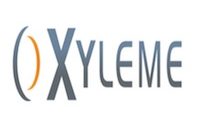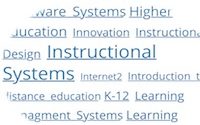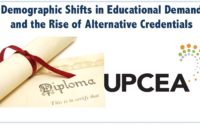
How people learn in an asynchronous online learning environment: The relationships between graduate students’ learning strategies and learning satisfaction
The purpose of this study was to examine the relationships between learners’ learning strategies and learning satisfaction in an asynchronous online learning environment, in an attempt to shed some light on how people learn in an online learning environment. One hundred and sixteen graduate students who were taking online learning courses participated in this study. […]














